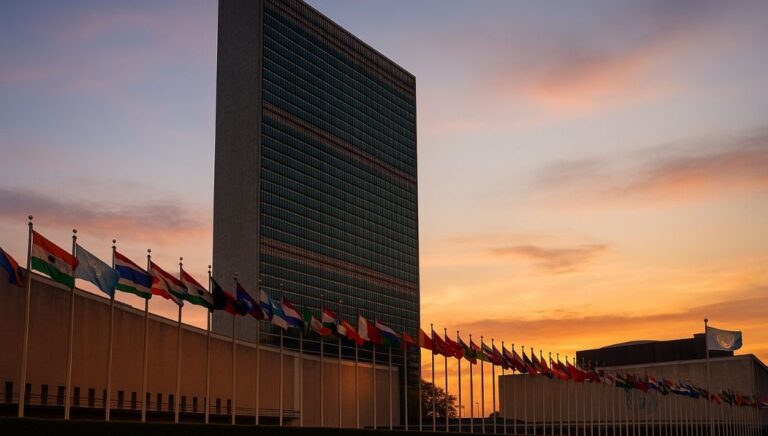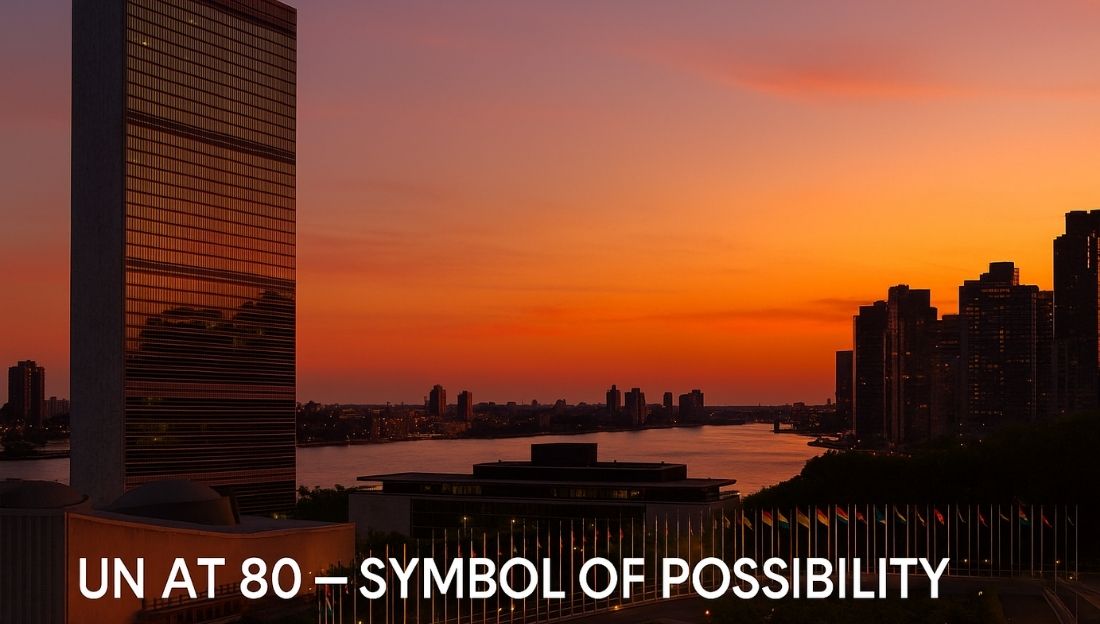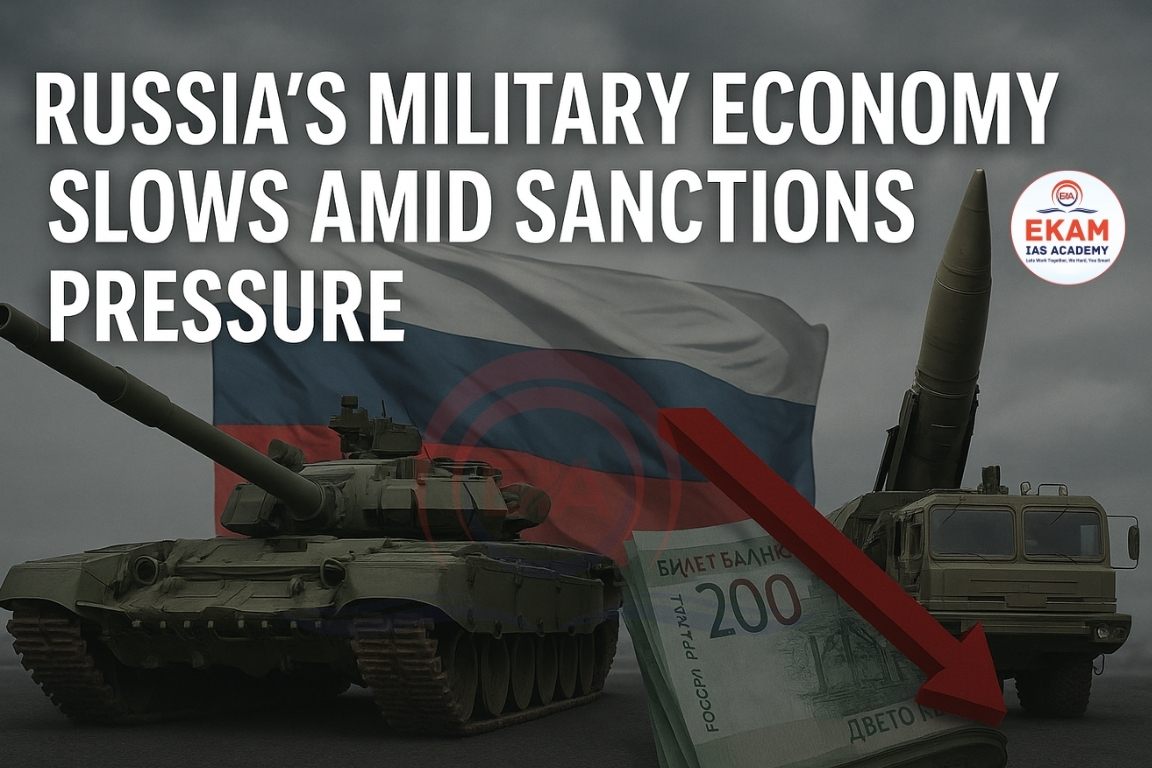Marking 80 years of the United Nations, the discussion highlights its evolution and challenges while emphasizing the need for reforms to keep it effective in a multipolar world.
Background
- The United Nations (UN) was founded in 1945, after World War II, to prevent future wars, uphold human rights, and promote global peace.
- It emerged as a symbol of hope after devastation, meant to replace conflict with cooperation.
- Over eight decades, the UN has evolved from a Cold War-era platform for superpower rivalry to a forum for international dialogue and humanitarian coordination.

Humanitarian Contributions
- Agencies such as UNHCR, UNICEF, and the World Food Programme (WFP) have provided life-saving assistance to refugees, children, and those hit by disasters and wars.
- The UN peacekeeping missions have helped maintain fragile peace in several conflict zones like East Timor and Namibia.
Norm-Setting Role
- Through its charters, resolutions, and declarations, the UN has shaped global values around human rights, gender equality, and sustainable development.
- The Sustainable Development Goals (SDGs), adopted in 2015, represent a roadmap for inclusive and equitable growth across nations.
Limitations and Criticism
- The UN Security Council (UNSC) reflects 1945 power equations, not the realities of today’s multipolar world.
- The veto system allows powerful nations to block decisions, often leading to inaction on global crises.
- Financial constraints and political interference weaken the UN’s operational capacity.
India’s Stand and Role
- India, as the world’s most populous democracy, major peacekeeping contributor, and rising global power, deserves a permanent seat in the UNSC.
- India advocates for a reformed, inclusive, and representative UN, reflecting modern geopolitical realities.
- Its policy of strategic autonomy aims at cooperation without alignment, promoting fairness and sovereignty in global governance.
Way Forward
- Reform the Security Council: To make it equitable and efficient by including major emerging powers.
- Enhance Agility: Simplify decision-making and embrace digital solutions for quick crisis response.
- Reclaim Moral Leadership: Speak firmly for human rights, justice, and global equity.
- Strengthen Political and Financial Commitment: Member-states must support the UN with funds and political will to sustain its functions.
Conclusion
At 80, the UN remains a symbol not of perfection but of possibility, a forum where humanity’s collective conscience seeks peace through dialogue, not domination. Its future depends on reform, representation, and renewed global trust in multilateralism.
This topic is available in detail on our main website.





